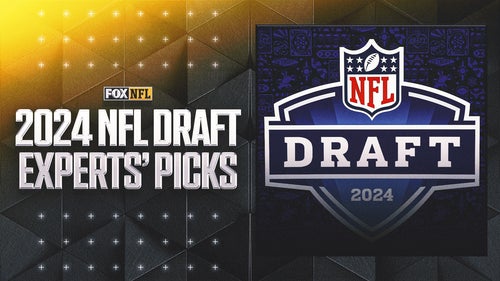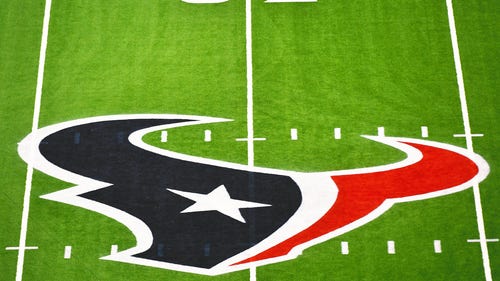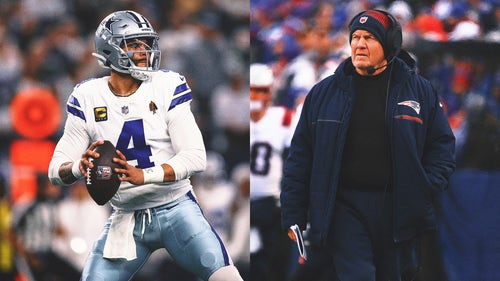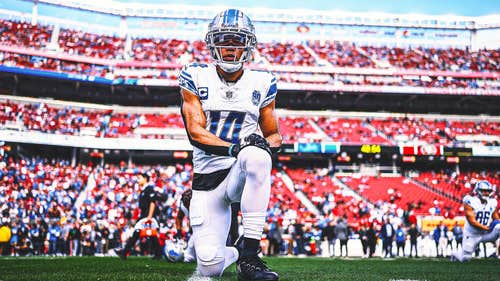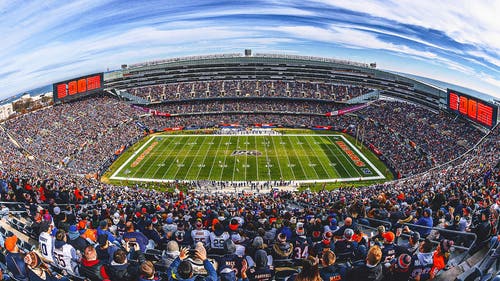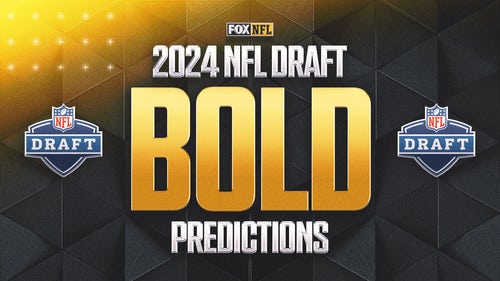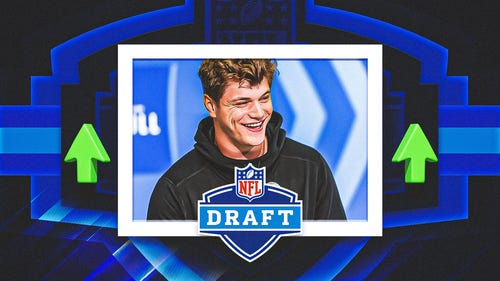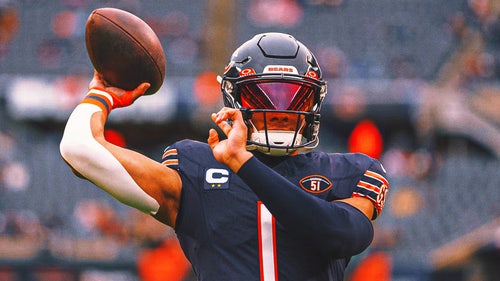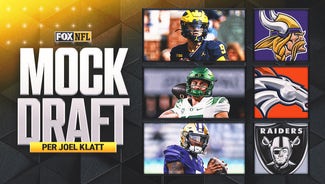
The biggest Week 1 calls
Each week we'll break down the key calls during Sunday's NFL games. Sometimes the calls will be controversial, sometimes they'll be correct and sometimes they won't, and sometimes a no-call will play an important role in the outcome. But I'll explain them to you based on the rules and interpretations.
No. 1
THE GAME: Detroit at Chicago
THE SITUATION: Detroit trails Chicago 19-14 with 24 seconds left in the game
THE PLAY: The Lions' Calvin Johnson catches a pass from Shaun Hill for what he thought was the go-ahead touchdown.
MY TAKE: See the video above or read my explanation below.
Upon further review, the play stands.
With the Lions trailing the Bears 19-14, Johnson leaped up to grab what he thought was a touchdown pass that would have given the Lions a 20-19 lead with 24 seconds left.
But even after Johnson came down with both feet in bounds, as he hit the ground, the ball popped loose and the ruling on the field was an incomplete pass, which was the correct call.
The booth review by the replay assistant confirmed the ruling and the play stood as called on the field.
Here's why: Rule 8, Section 1, Article 4.
The onus is on the receiver to hold onto the ball even after he hits the ground.
Unfortunately for Johnson and the Lions, they found that out the hard way.
No. 2
THE GAME: Atlanta at Pittsburgh
THE SITUATION: Pittsburgh leads Atlanta 9-6 with 6:38 left in the fourth quarter. Atlanta has the ball, first down at its own 42.
THE PLAY: Atlanta QB Matt Ryan is sacked at the Falcons 32 for a 10-yard loss by linebacker Leonard Timmons, who forces a fumble that James Harrison recovers at the Atlanta 43. Harrison runs the ball into the end zone for an apparent touchdown, but the call on the field nullifies the score because of what is ruled an illegal block above the waist by Pittsburgh nose tackle Chris Hoke. The 10-yard penalty is enforced at the Atlanta 48.
The Falcons challenge the fumble ruling, and the play is reversed.
MY TAKE: Couple of issues here: First, the pass-fumble ruling. Ryan's arm had started forward and he had complete control of the ball in his hand with his forward movement. This makes it an incomplete pass. In review, the ruling was properly reversed. The second issue is, what happened to the penalty? Since an illegal block in the back is not a personal foul, the penalty goes away because of the reversal. The only penalties that would be enforced after a replay reversal would be player safety or unsportsmanlike conduct fouls. If it's not a major foul, it goes away by rule.
No. 3
THE GAME: Detroit at Chicago
THE SITUATION: Detroit has the ball, 1st and goal at the Chicago 4 with 1:30 left in the second quarter.
THE PLAY: Jahvid Best goes off left tackle to the Chicago 1. But the replay assistant challenges the runner broke-the-plane ruling on the field and the play is reversed. Best and the Lions are awarded a touchdown. The TD gives the Lions a 14-3 lead.
THE GAME: Green Bay at Philadelphia
THE SITUATION: Green Bay leads 27-20 and has the ball, 2nd and 6 at its 40-yard line with 5:17 left to go in the game.
THE PLAY: Brandon Jackson runs the ball around left end for a gain of 6 yards, and the Eagles call for a timeout at the same time as the officials decide to take a measurement. The Eagles initially are charged with a timeout.
MY TAKE: As soon as the play ended, the Eagles called a timeout. After the timeout had been granted, the officials had to measure to see if the run resulted in a first down. Since the officials decided to measure, the Eagles were given the opportunity to not be charged with a timeout, since the measurement would have stopped the clock anyway. Referee John Parry correctly went to Eagles coach Andy Reid and explained to him that he could have his timeout back, but if he chose to do so, the game clock would restart on his ready-for-play signal. If that happened, Green Bay could have run off an additional 25 seconds prior to the ball being snapped. Therefore, the Eagles decided to stay with the charged timeout, so the game clock would not start until the ball was snapped.
No. 5
THE GAME: Carolina at New York Giants
THE SITUATION: Carolina leads 16-14 and it's the Giants' opening drive of the third quarter.
THE PLAY: It is 4th and 1 at the Carolina 23. Eli Manning tries a quarterback sneak up the middle to the Carolina 22 for 1 yard and what is ruled on the field as a first down. Carolina challenges the ruling, and the play is upheld.
MY TAKE: After reviewing the play, referee Jerome Boger determined that the ball was not properly spotted and reset the ball at the 22. He then re-measured as he is supposed to do and the result was still a first down. Even though the spot was adjusted, Carolina still lost the challenge, since it remained a first down after the ball was re-spotted.






































































































































